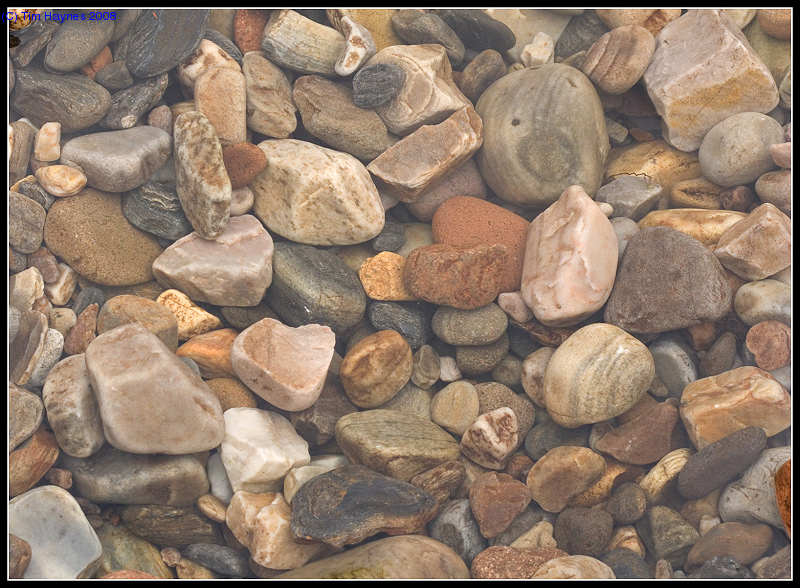
Cuss / noun
1 an annoying or stubborn person or animal : he was certainly an unsociable cuss. 2 another term for curse (sense 2).
Disclaimer: I’m not using a moral arguement against cussing, though you might expect I would, at a site with spiritual flavor like this one. While, many may say it’s a sin to cuss, I think what may be the truest thing is that the intention of using the vulgarity that is the real issue at stake. Nevertheless, I won’t go in that direction. My contentions are not nearly so deep or heartfelt. This is simple practicality and common sense at work:
Simply put: I don’t think foul language is powerful enough. I finding it lacking. Any great use of the stuff tips me off that I’m in the company of communication amateurs.
In truth, I’m not very offended by expletives. The shock wore off in high school. And high school–childhood–is about the only time a certain amount of cussing is, sort of, understandable. By nature, kids don’t know how to express themselves very well. Salty language makes rookie humans feel older and more formidable. It gives them a sense of power, as they flex their ” ‘I’m growing up’ muscles”. Yet, it’s the running myth that if something is bleeped on tv, it resides in the realm of “grown-up language”, and signifies something more heady and legit. In fact, expletives are quite banal.
I cuss quite rarely, and when I do it’s actually because I’m having trouble expressing myself. In some foolish desperation I concede to inferior “describing words”. So, really, cussing takes away from our points, rather than aids them.
Just for the sake of developing better communication, we needn’t use them. Maybe you enjoy tossing around a swear here or there. I don’t really care. But here are 7 points to remember on this topic:
7 Cussing Tip Offs

1. Cussing quickly reveals one has a diminished vocabulary or the inability to use their vocabulary very well. (This can become a worsening habit also. Hence, it is sometimes combated with a Swear (fine) Bank.)
2. It displays a rather uncreative mind. (What could help? Simple: A thesaurus.)
3. If a cuss word can be used as an adjective, noun, and verb, it’s hackneyed, and by consequence, impotent. Let’s just say it’s, “lame” in a hobbling sense.
4. While cussing may somehow help one reveal emotions, or relieve stress, it doesn’t help one’s case. Quite the opposite. Logic is a better choice. Give it a try.
5. Foul language tells a bigger story about the person and his/her hang ups than it does about whatever the person is trying to convey. (It’s sort of sad, really.)
6. Cussing offends people for a myriad of reasons, but strangely enough, much use of it boils down to spotlighting simple bad manners and poor taste. Throughout history, “vulgar” language has some sort of reflection on social or economic status. [Ex: A mother says to her child who has been running around with the kids from “the other side of the tracks”, “No, honey, we don’t talk like that (or them).”] Most often people mentally associate foul language with an uncouth boorish social class, or uneducated and unrefined upbringing.
7. “Dirty words” are given meaning by a culture, not the other way around. What is the massively cussing person trying to prove, then? And why? [That’s the bigger question.] Here, subtext trumps communication. so probably a #fail
What are your thoughts?
My favorite cuss quote:
“Are you cussing with me?” -Fantastic Mr. Fox











